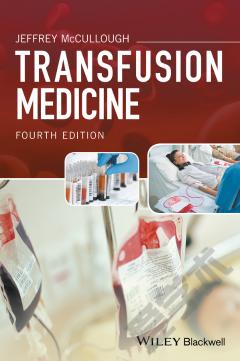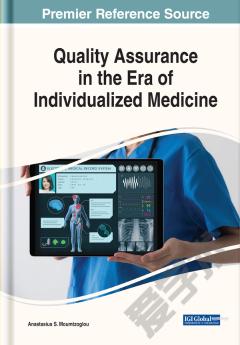Quality Management in Transfusion Medicine
Transfusion Medicine is a key part of modern health care. It bridges the healthy community with the bedside in hospitals. It is the responsibility of the national blood program to provide an adequate supply of blood for all patients requiring transfusion, and to ensure the quality of blood and blood products for clinical use and the in-hospital transfusion chain. All products must be safe, clinically effective and of appropriate, and consistent quality. Every blood transfusion service, whether serving in a resource restricted environment or in an advanced ambiance, should develop an effective quality (QS) and quality management system (QMS) to ensure the implementation of these strategies from vein to vein. The quality system and its management should cover all aspects of its activities and ensure full traceability (hemovigilance), from the motivation, mobilization and selection of blood donors to the transfusion of blood and blood products to patients. It should also reflect the structure, needs and capabilities of the procurement establishments, as well as the needs of the hospitals and patients that it serves. Management commitment and support are essential for the development, implementation and monitoring of a national quality system and quality management system in order to ensure change management and continuous quality improvement. All staff should understand the importance of quality and the consequences of failure in the quality system (error management and cost effectiveness).
{{comment.content}}








 京公网安备 11010802027623号
京公网安备 11010802027623号